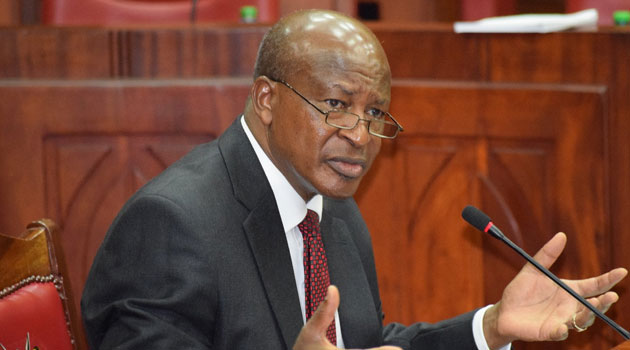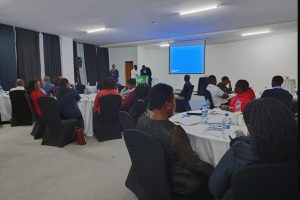Ever asked yourself how some companies bag tenders worth billions of shillings yet they are owned mostly by people who have no clue nor an idea of its operations?
Its because ghost owners open them via proxy names and take over the operations of these companies to avoid their dirty prints being printed all over the flawed tender deals and procurement processes.

However, the office of the Attorney General, in an effort to escalate the war on graft and illicit trade, has facilitated the creation of the Beneficial Ownership E-Register which will make it a requirement for all registered firms to prepare a list of its beneficiaries and submit it electronically to the Business Registration Service portal by 31st January 2021.
The Office of the Attorney General has moved in to identify individuals who ultimately own or control companies either directly or indirectly. The move is expected to reveal names of anonymous individuals who have been using proxies to swindle the state though corrupt dealings and tax evasion.
Section 93A of the Companies Act, 2015 and the Companies (Beneficial Ownership Information) Regulations, 2020 require all companies registered under the Act to keep a register of its beneficial owners and lodge the same with the Registrar of Companies.
According to the Business Registration Service, all officers and authorized persons of existing companies are required to submit a copy of the Beneficial Ownership Register within 30 days of its preparation and to notify the Registrar within 14 days of any change in Beneficial Ownership information.
It is a semi-autonomous body under the Office of the Attorney General and Department of Justice that was established by the Business Registration Service Act, 2015 with a mandate to oversee the operations of the Companies Registry, Movable Property Security Rights Registry (Collateral Registry), Insolvency (Official Receivers) Registry and the Hire Purchase Registry in Kenya.
However, a three-month grace period has been granted.
“Failure to comply with this requirement makes it an offence to the Company and every officer of the Company who is in default,” said BRS Director General Kenneth Gathuma.
As per the Act, individual defaulters who fail to comply could face a fine of up to Kshs 500,000 upon conviction.
“The Beneficial Ownership Register will create greater transparency in the ownership of companies in Kenya and support the government in the fight against corruption, money laundering and financing of terrorism,” said Gathuma.


















